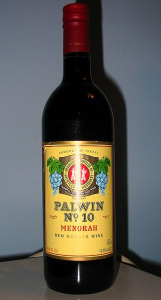
Kosher wine's got a bad rap. But is it deserved?
A decade ago, there weren't very many wine options available to observant Jews. There was really only one choice: Manischevitz, a syrupy, sickly-sweet wine made from Concord grapes. Concord grapes are typically only used to make three things: grape jelly, grape juice, and--you guessed it--kosher wine. Needless to say, this isn't the ideal wine grape. Unfortunately, this cough syrup-excuse for a wine became synonymous with kosher, and the reputation of kosher wines has suffered ever since.
But in reality, there's no reason that kosher wines have to be any worse than any other wine. In fact, many of them can be just as good. Let me explain:
Kosher wine can be grown from the same grapes, harvested the same way, as any other wine. The difference is in the production: to be kosher, the grapes must be handled only by Sabbath-observing Jews. A rabbi or specially-trained supervisor must oversee the whole process, and no winemaking can be done on the Sabbath.
Kosher wines also can't have any non-kosher ingredients. This can (but doesn't necessarily) mean that things like casein (which comes from dairy products, gelatin (from non-kosher animals) and isinglass (from non-kosher fish) won't be in the wine. They are replaced with kosher substitutes.
At Passover, there are two kinds of kosher wine which may be served: meshuval and non-meshuval. The Jewish faith dictates that non-meshuval wines must only be handled by Jews if it is to maintain its integrity. This stems from the long history wine has played in many non-Jewish religions; according to Jewish law, wine isn't kosher if it might have been used for "idolatry."
Meshuval wine is wine that has been treated and is thus considered safe to drink, no matter who has handled it. In the past, this was achieved through boiling the wine, which completely changed the wine's chemical structure and so, its taste. This is another reason kosher wine has such a bad reputation. However, modern-day flash-pasteurization techniques ensure that the wine is meshuval without damaging it.
So technically, there really isn't that big of a difference between kosher and non-kosher wines. Kosher wines can be made from the same great grapes, processed nearly the same way, as any other wines. Kosher wines have experienced huge increases in popularity over the last few years, and their ratings have been steadily climbing. So don't be afraid of kosher wine...just stay far away from that cough syrup stuff. L'chaim! ("Cheers" in Hebrew.)


